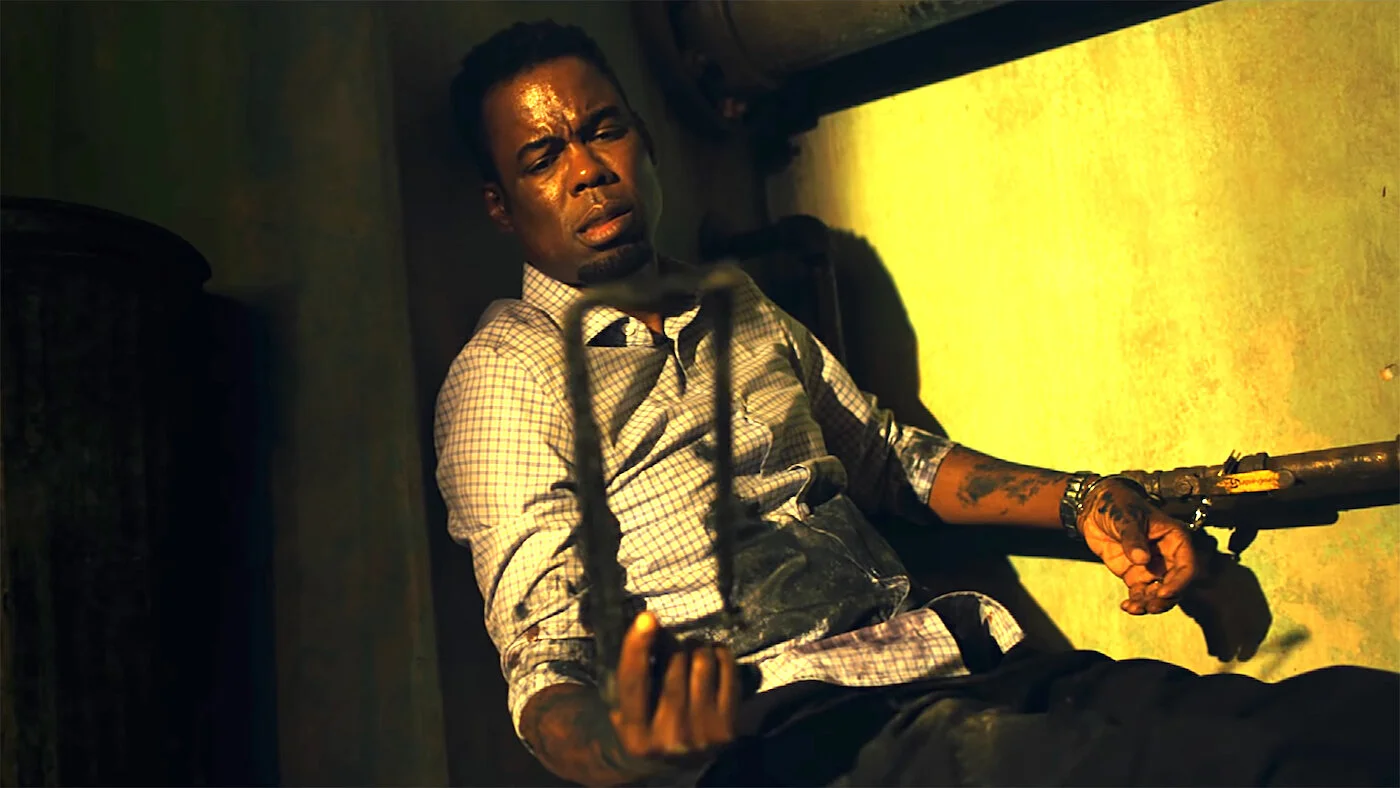FILM REVIEW: Elisabeth Moss and clever direction makes "The Invisible Man" worth seeing
Nearly a hundred years of cinematic treasures have all been reduced to dust in the Universal Monsters tombs. Nothing remains of their ancient cinematic legacies, but the dead shadows of their former glory. If you were to wipe the dust off the sarcophagus', you would see the pitiful attempts at rebooting these classic cinematic treasures; Tom Cruise rotted as The Mummy, Johnny Depp was never seen as The Invisible Man, and Russel Crowe wasn't sure which one was Dr Jekyll or Mr Hyde.
Cast aside and left to ruin, the Universal Monsters resided in their shallow graves, never to be awoken again. Yet, some dark and stormy night, Leigh Whannell, drenched in the guts of his Saw franchise, pierced the dirt and knocked down the tombstone with a thunderous crash, and the dead stirred.
The Invisible Man is a new and noteworthy adaption of the classic monster, taking nothing but it's namesake and basic premise from the classic 1897 H.G. Wells Novel. After her abusive ex takes his own life, Cecilia, Elisabeth Moss (The Handmaidens Tale), begins experiencing a series of bizarre events, seemingly at the hands of an invisible malevolent being. Cecilia's attempts to persuade and thwart this mysterious foe lead her sanity down a rabbit-hole that blurs reality from fiction.
If Universal Studios’ attempt at a Monsters' cinematic universe had begun with this adaptation, rather than the rotting corpse that was the Tom Cruise Mummy film, perhaps the cinematic universe wouldn't be six feet under. Writer/Director Leigh Whannell is no stranger to horror, having both written and starred in the Saw franchise, and recently trying his hand directing 2018's surprise hit Upgrade. After years of heaving through buckets of the Jigsaw Killers blood and ooze, Whannell may have finally struck bone with his audacious and commendable new vision in Invisible Man, realising that gore is no substitute to a good story, and that character-driven horrors are much more impactful.
The Invisible Man, despite its namesake, is first and foremost about Elisabeth Moss' Cecilia. Moss delivers a powerhouse performance as Cecilia, a domestic abuse survivor, now haunted by guilt, superstition and an invisible terror. Her nuances and abseiling sanity are all present even in Moss' most silent moments. The Invisible Man himself (The terrifically terrifying Haunting of Hill House's Oliver Jackson Cohen), is the sheer outline of an abuser, even in his absence (or lack thereof), the shame and hurt he forces onto Moss is perhaps the most terrifying part of the film. The film does well not to take aim at the shadows in the corner of the room; it aims at the explosive lover, the emotionally manipulative, and the domestic abusers - the real monsters.
Though the first half of The Invisible Man plays like a Paranormal Activity film: Some of the plans of the film’s titular foe are quite bizarre and backwards, the second half is breathtaking and refreshing. Putting a noir-esque spin on the classic tale, and throwing our characters into terrifying and tragic situations. The Invisible Man learns from its predecessors and evolves itself: While it forebodes terror for thrills in its finer moments, it remains highly entertaining and engaging.
The Invisible Man is an excellent reimagining of the classic horror tale with a new and unique spin for the modern age. Whannell and Moss may well have dug the Universal Monsters out of their shallow grave, and if Universal continue their reboots in a similar fashion, they might just bring the cold dead corpses back to life (with a strike of lightning).






